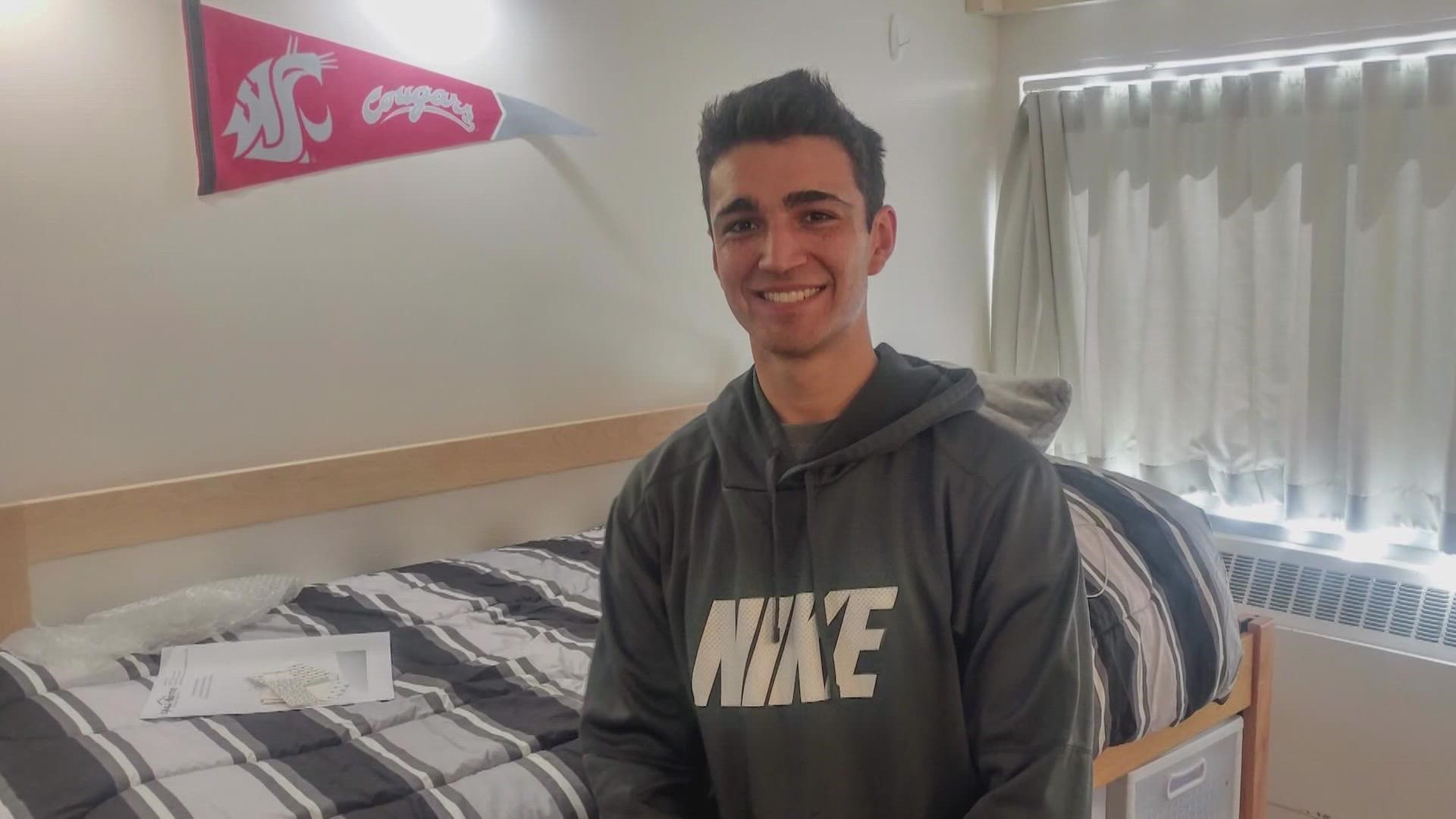OLYMPIA, Wash. — A bill that would increase the legal penalties for hazing was debated during a Washington State House Committee public hearing on Monday.
House Bill 1002 would make hazing a gross misdemeanor as opposed to a simple misdemeanor as it is now. Any hazing that results in "substantial bodily harm" also would be reclassified as a class C felony.
A gross misdemeanor carries a maximum confinement of 364 days and a maximum fine of $5,000, while a misdemeanor has a maximum confinement of 90 days and a maximum fine of $1,000.
"Substantial bodily harm" includes bodily injury that involves a temporary but substantial disfigurement, causes a temporary but substantial loss or impairment of the function of any body part or organ or causes a fracture of any body part. Felony hazing carries a low-end penalty of one to three months of incarceration.
Among those speaking in favor of the bill are the parents of Sam Martinez, a Bellevue teen who died in a 2019 hazing incident at Washington State University.
Jolayne Houtz and her husband helped get Sam's Law, which went into effect in July 2022, passed in the last legislative session.
It requires all colleges in the state to provide hazing training to incoming students. It also mandates that schools track and publicize incidents of hazing on the school website.
“(Now on the WSU website) you see the names, the same chapters getting into trouble over and over again. That’s a red flag and sadly we didn’t have that information, but now parents (have access to that),” Houtz told KING 5 in August. “This would have been a non-starter for me. I would not have wanted Sam to join, and I don’t think he would have wanted to join if we had known (the track record of hazing infractions).”
“I do expect it will save lives over time. I think it will save lives this fall as they start to go through (training). More and more people will understand the dangers (of hazing),” said state Rep. Mari Leavitt, D-University Place, who sponsored the bill.
Leavitt also is a co-sponsor of House Bill 1002.

